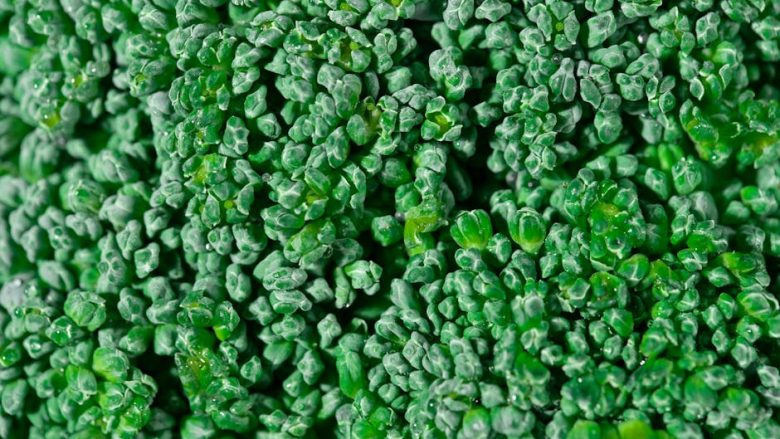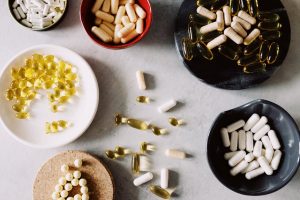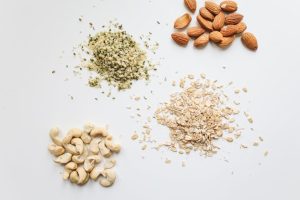As we navigate our daily lives, we often overlook the myriad of plastic items that surround us, from the water bottles we sip from to the packaging that encases our food. These seemingly innocuous objects are deeply embedded in our convenience-driven culture, offering us ease and accessibility. However, beneath the surface of this convenience lies a growing concern about the potential dangers posed by everyday plastics to our health and the environment.
Recent studies have begun to shed light on the alarming reality that many common plastics contain harmful chemicals capable of leaching into our food and beverages. One of the most notorious culprits is bisphenol A (BPA), a chemical used in the production of certain plastics that has been linked to a variety of health issues, including hormonal disruptions and increased risk of chronic diseases. As we become more aware of these risks, it’s crucial to examine the implications of our reliance on plastic and explore alternatives that can safeguard our health and well-being.
The pervasive use of plastic in food packaging is particularly concerning. Many of us are unaware that heating food in plastic containers can lead to the release of toxic substances, especially if the plastic is not labeled as microwave-safe. This poses a significant risk to children and pregnant women, whose developing bodies are more susceptible to the adverse effects of these chemicals. The convenience of pre-packaged meals may come at a steep price, as we inadvertently expose ourselves to harmful substances with each bite.
Moreover, the environmental impact of plastic waste cannot be overstated. With millions of tons of plastic ending up in landfills and oceans every year, our ecosystems are suffering. Marine life is especially affected, as animals ingest plastic debris or become entangled in it, leading to injury or death. The consequences ripple through the food chain, ultimately affecting human health and biodiversity. The urgency to address this crisis is palpable, as communities and organizations rally for sustainable practices and policies to combat plastic pollution.
Despite the daunting challenges presented by everyday plastics, there is a glimmer of hope on the horizon. Innovative solutions are emerging as researchers and entrepreneurs work tirelessly to develop biodegradable alternatives and improve recycling technologies. From plant-based packaging to reusable containers, these advancements offer a promising path toward reducing our dependence on harmful plastics. By making conscious choices and supporting environmentally responsible companies, we can collectively contribute to a healthier planet for future generations.
In conclusion, the hidden dangers of everyday plastics are a pressing concern that requires our immediate attention. As consumers, we hold the power to influence change through our choices and advocacy. By staying informed and actively seeking alternatives, we can protect our health and the environment from the unseen consequences of plastic. The journey toward a plastic-free future may be challenging, but with determination and innovation, we can forge a path that safeguards both our well-being and the planet we call home.



